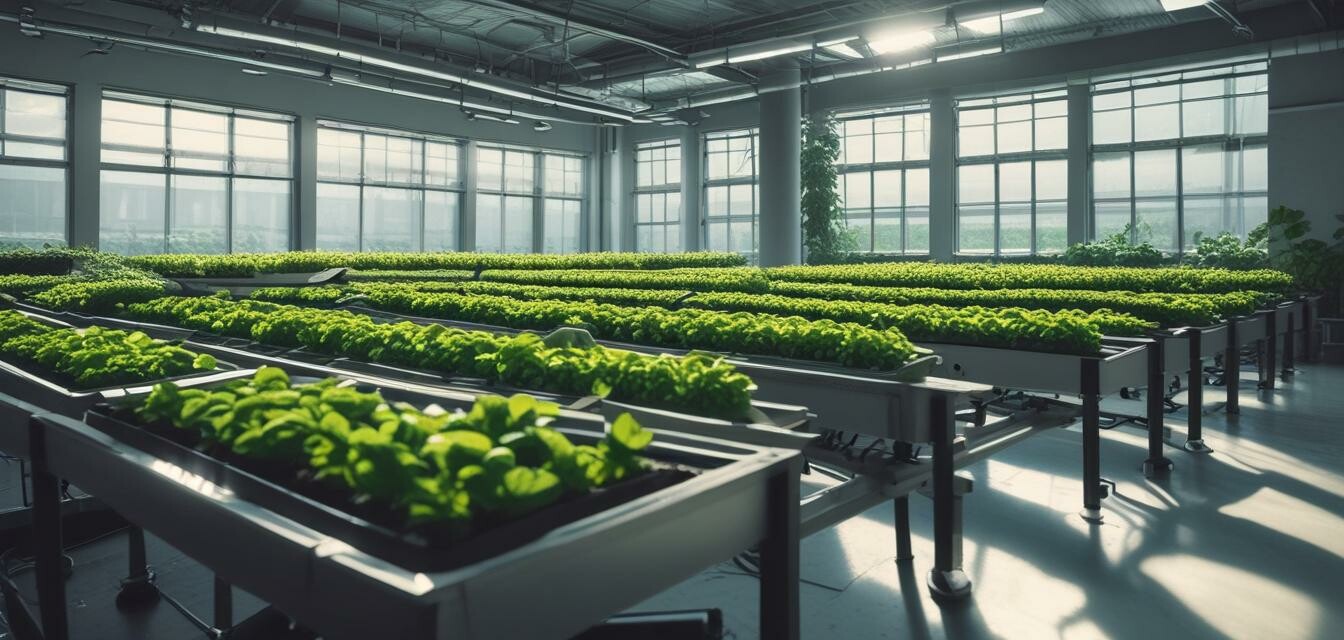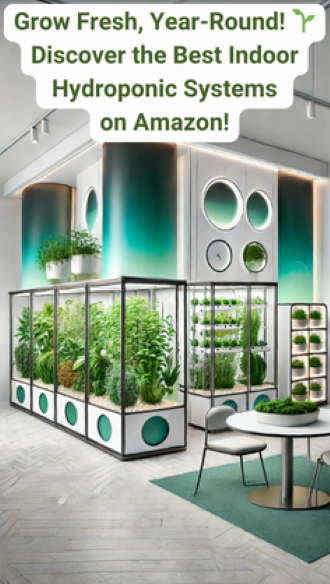
Hydroponics in Education: Teaching the Next Generation
Key Takeaways
- Hydroponics provides hands-on learning opportunities in schools and universities.
- Students gain essential skills in agriculture, science, and sustainability.
- Hydroponic systems can integrate into various subjects, including biology, chemistry, and environmental science.
- Educational programs utilizing hydroponics can inspire interest in gardening and healthy eating.
- Collaboration with local communities can enhance educational outcomes through shared resources.
As our world continues to grapple with food security issues and the impacts of urbanization, innovative solutions are required to inspire the next generation of growers. Hydroponics offers not just a method of soil-less farming, but also an exciting educational tool that brings students into the heart of agriculture. Schools and universities across the globe have begun implementing hydroponic systems to teach students about sustainable practices, nutrition, and science. This article explores the role of hydroponic systems in educational environments and how they inspire future gardeners.
Why Hydroponics in Education?
Hydroponics has several determinants that make it particularly suitable for educational environments:
- Hands-on learning: Students can engage with real-life applications of science and technology.
- Interdisciplinary approach: Hydroponics spans across various subjects like biology, physics, and nutrition.
- Space efficiency: Ideal for urban settings where traditional gardening might be difficult.
- Promotes sustainability: Teaches water conservation and the benefits of locally grown food.
Incorporating Hydroponics Into Curriculum
Educators can develop comprehensive curriculums that incorporate hydroponics into various subjects. Here's how:
| Subject | Hydroponics Application |
|---|---|
| Biology | Study plant growth cycles, photosynthesis, and nutrient absorption. |
| Chemistry | Understanding nutrient solutions, pH levels, and water composition. |
| Environmental Science | Exploring resource-efficient practices and impacts on ecosystems. |
| Mathematics | Calculating growth rates, yields, and systematic measurements. |
Benefits of Hydroponic Education
Integrating hydroponics into education offers numerous benefits:
- Skill development: Students gain practical skills in agricultural practices and technology.
- Critical thinking: Fosters problem-solving through experimentation and observation.
- Healthy lifestyle: Encourages students to understand nutrition and the benefits of fresh produce.
- Community engagement: Opportunities to collaborate with local farms or gardening groups.
Real-World Applications
Several educational institutions have already embraced hydroponics:
- Community gardens: Schools can establish gardens that serve not only educational purposes but also provide food for local communities.
- Research projects: Students can engage in research that focuses on optimizing growth conditions using different hydroponic methods.
- Field trips to hydroponic farms: Students can learn from professionals in the field directly.
Challenges in Hydroponic Education
Despite the many benefits, implementing hydroponics in education comes with challenges:
Pros
- Innovative learning experiences for students.
- Opportunities for collaboration among departments.
- Relevant skills for future careers in agriculture and environmental sciences.
Cons
- Initial setup costs can be high.
- Requires ongoing maintenance and know-how.
- Potential for equipment failures if not properly managed.
Future Perspectives
As the demand for sustainable food sources and educated urban gardeners grow, hydroponics in education can play a pivotal role. Innovations in teaching methods and technology can further enhance student engagement and learning outcomes.
Conclusion
Hydroponics is not just changing the way we grow our food but also transforming how we educate the next generation. By incorporating hydroponic systems into educational environments, we can inspire students to take an active role in agriculture and sustainability. With the right resources and commitment, educational institutions can equip students not only with knowledge but also with the skills needed to thrive in an ever-evolving world.
For more insights on hydroponic innovations, check our blog on Hydroponic Innovation & Updates.
